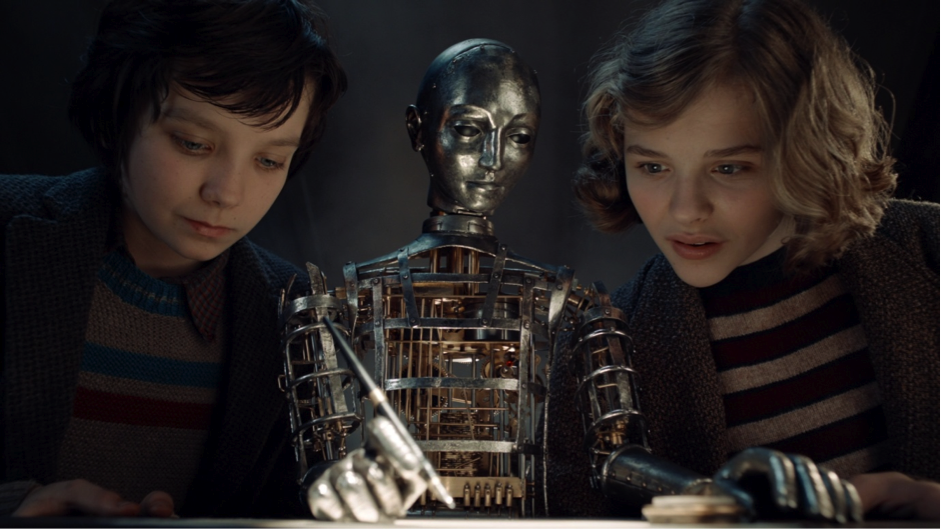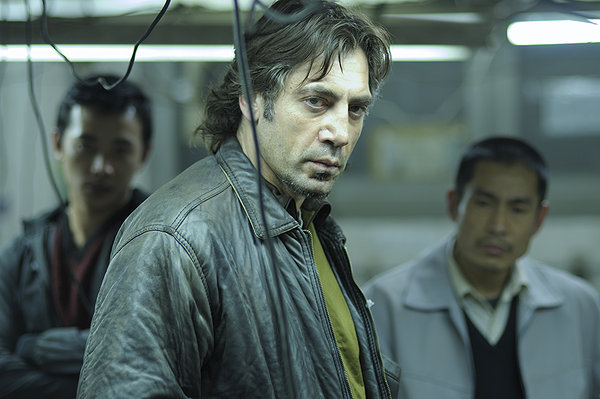Colin is an energetic, childlike man who has sufficient wealth to live comfortably without working. Colin’s world is a fantasy version of Paris and he and his friends are constantly interacting with their seemingly absurd and animated environment. Whimsical contraptions, such as the pianocktail—a piano that mixes drinks according to how it is played—are constantly given special focus throughout the film. The style, visuals, and animation of Mood Indigo are very similar to one of Gondry’s other films, The Science of Sleep. Both films deftly integrate and blend reality and the surreal. It becomes difficult at times to discern whether or not events are actually happening since they are presented in such a fantastical way.
Colin and Chloe’s happy and carefree life is turned upside down when Chloe contracts a curious illness: a water lily is beginning to grow in her right lung. Chloe is instructed to take two teaspoons of water and an array of strange pills daily and Colin is forced to work a series of increasingly absurd jobs in order to finance her medical bills. As Chloe’s health deteriorates and Colin’s wealth dwindles away, his once extravagant and vibrant world declines and becomes a twisted, darker, and smaller version of itself. At the film’s conclusion, while Colin is at his most desperate, the picture is in black and white.
Personally, it was fairly difficult for me to stay intrigued and engaged during most of the film. While the animation and environment were clever and fun, the constant attention the film paid to these aspects eventually made for redundancy. The characters were largely flat and I didn’t feel very connected to them. The pacing of the film was abrupt and the characters aren’t really given much time to react to what happens to them; there was not much character growth or development that took place. It was only in the last leg of the movie when the characters are responding and taking action to their unique circumstances that I was really invested in the film.
I’m not quite sure what Mood Indigo was trying to say. Constant cuts to the writers in the typewriter assembly lines continually emphasize the idea that the characters are not in control of their situations but that they are instead governed by external, spontaneous forces. The presence of Jean-Sol Partre, an elusive writer whom several characters in the film are fixated on, is an obvious nod to existential philosopher Jean-Paul Sartre and is particularly resonant. If viewed through an existential lens, the film makes much more sense. The characters we see have a sense of disorientation and confusion as the film progresses and their world becomes more absurd with no apparent meaning. Perhaps the film is a testament to just how strange life and being are. Or maybe I’m completely wrong. It might take several viewings to truly enjoy and appreciate the movie, but I’m not convinced it really deserves it.
Mood Indigo and The Science of Sleep are very similar in many respects, but you’ll probably be better off watching the latter instead. Always go with Eternal Sunshine of the Spotless Mind, though.
Grade: B



 RSS Feed
RSS Feed
